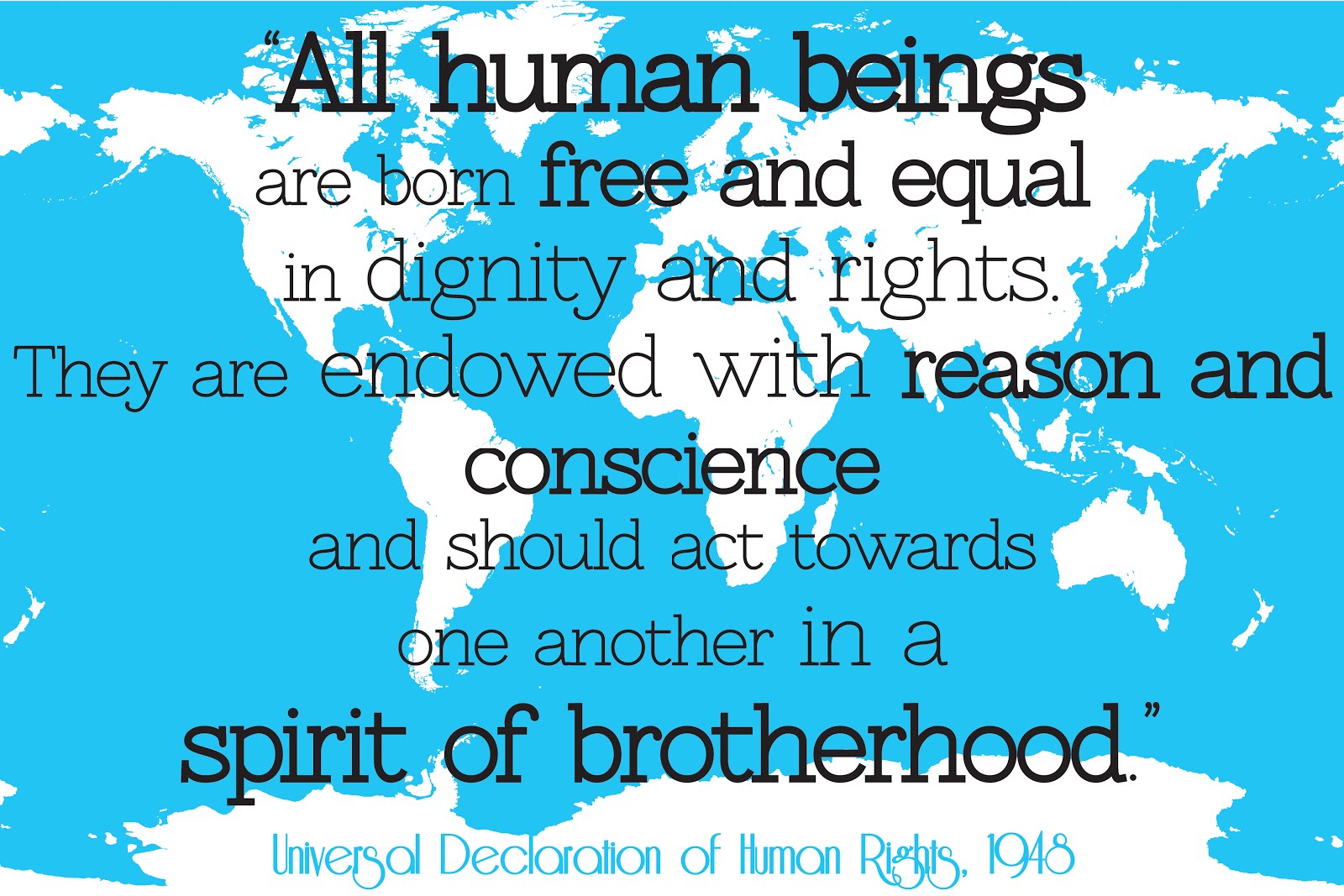An international United Nations accredited human rights advocacy organisation, the International Humanist and Ethical Union, and the Nigerian Humanist Movement, have expressed concerns over the death sentences reportedly handed down to nine individuals in Kano State by an Upper Sharia Court recently.
In a joint letter to President Muhammadu Buhari, Kano State Governor, Dr. Abdullahi Umar Ganduje and the Emir of Kano, Muhammadu Sanusi II, the groups urged the trio “to do whatever you can to seek true justice, respecting and restoring the human rights of those accused, and to work to end the malicious and unjust use of “blasphemy” as a criminal prohibition anywhere in Nigeria.”
The letter was signed by Andrew Copson, President of the International Humanist and Ethical Union, and Leo Igwe for the Nigerian Humanist Movement.
An Upper Sharia Court, Rijiyar Lemo, in Kano, had on Thursday, June 25, this year, announced the sentencing of nine to death for blasphemy against the Prophet of Islam. A statement by the State Sharia Court of Appeal signed by a man named Nasiru, had said the nine persons were found guilty under Section 110 and Section 382b of the Sharia Penal Court law year 2000.
The International Humanist and Ethical Union and the Nigerian Humanist Movement, however, considers the death sentences on the accused persons as “disproportionate and constitutes an egregious violation of the right to life” given their alleged offence.
The letter reads in part: “We write to express our distress and deepest concerns over the death sentences reportedly handed down to nine individuals in Kano State this week. Our concerns include the following: We are appalled that a death sentence should be considered a legally enforceable punishment in any circumstance.
In this case where the “offence” committed appears to be little more than the expression of a minority religious belief, the death sentence is particularly disproportionate and constitutes an egregious violation of the right to life. “We object fundamentally to the notion that “blasphemy” is treated as a criminal offence.
The UN Special Rapporteur on Freedom of Religion or Belief and numerous other bodies and experts, have repeatedly called for the abolition or repeal of laws prohibiting “blasphemy”, which in practice criminalise the expression of religious beliefs.
The fact that some religious ideas conflict with other religious ideas, or cause offense to other religious believers, is no reason to curtail the right to freedom of religion or belief, and to freedom of expression, and yet under the Sharia courts’ “blasphemy” prohibition, both these human rights are clearly being violated.
“Our understanding is that federal intervention, citing the constitution (Section 38, subsection 1) which is superior to any court, could enable these horrendous and illiberal convictions to be lawfully overturned in a civil court.
We urge you all to do whatever you can to seek true justice, respecting and restoring the human rights of those accused, and to work to end the malicious and unjust use of “blasphemy” as a criminal prohibition anywhere in Nigeria.
” It added: “We understand that Abdul Inyas, Hajiya Mairo Ibrahim, and the other seven convicted of blasphemy this week are all of the centuries-old Sufi Tijjaniyya sect, whose annual Maulud ceremonies are sometimes regarded as blasphemous or provocative by other Moslems who perceive the sect as elevating Tijjaniyya religious figures above the status of the Prophet Muhammad.
Reliable local reports of the mob violence surrounding the initial arrest of Abdul Inyas, and of ongoing threats of violence should Abdul Inyas and his co-accused have been acquitted, constitute serious pressure on the judiciary and raise the most severe doubts about both the decision to prosecute, and the trial itself.
The trial was conducted in secret, with no transparency, many of the names of the co-accused not released, nor the name of the judge.
The initial and ongoing threat of violence and the closed nature of the trial, the obscurity around the exact nature of the charge, and the doctrinal basis of the court, lead us to conclude that the right to a fair trial has been violated.







